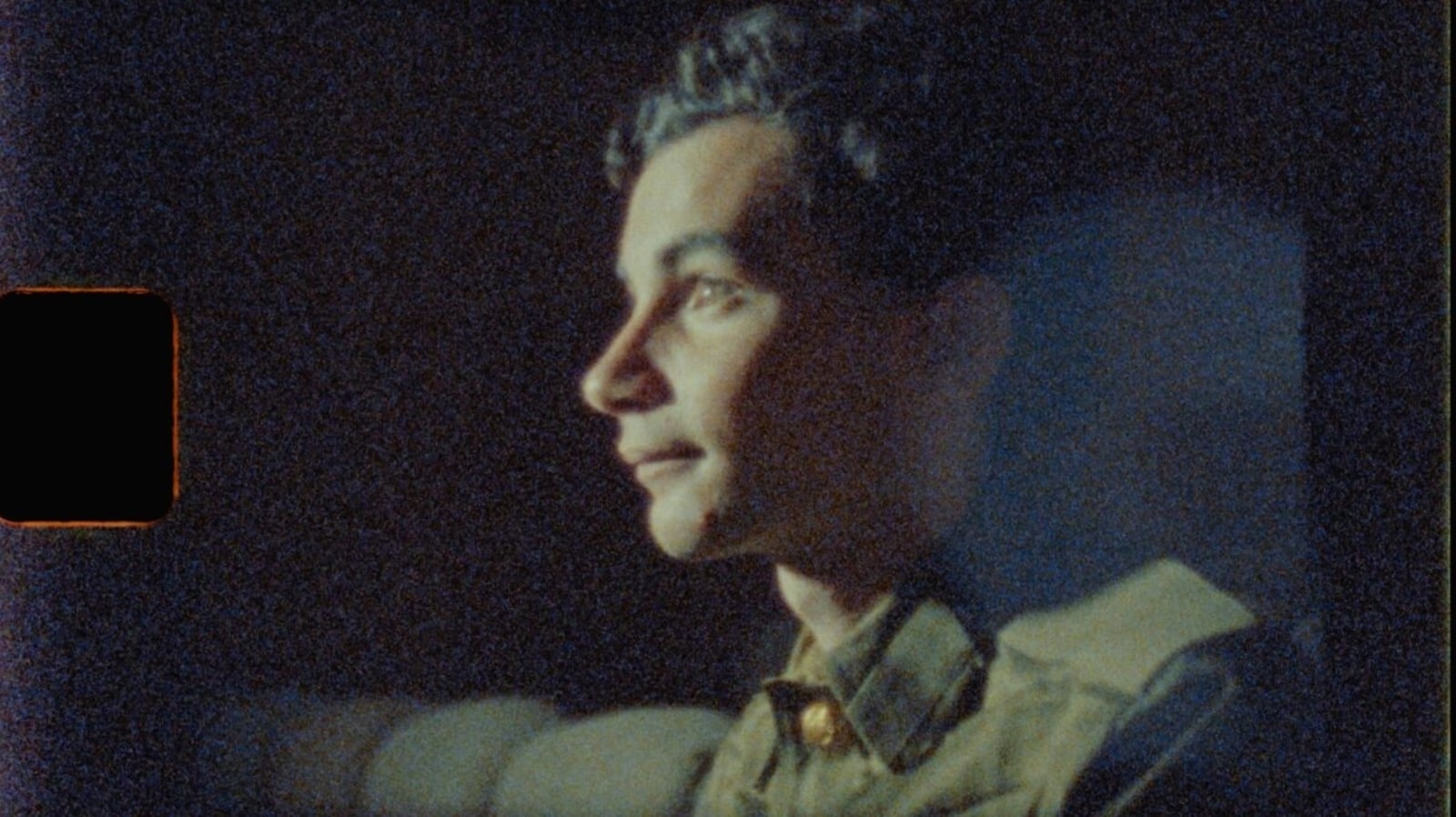
[ad_1]
The landscape of documentaries are primarily occupied by stories of people and places who have touched a sense of extraordinary. What is it about normal people, and their lives- perhaps not quite as extraordinary in terms of facing hardships and overcoming them, but a life spent nevertheless, in all its complexities. The records and pictures, the smallest of details and the legacy of that person in shared memories passed down in the family. One such contribution of a Hungarian man becomes the subject of this new documentary The Lost Notebook (Drn tabte notesbog), directed by Ida Marie Gedbjerg Sørensen. (Also read: Marching in the Dark review: Compelling doc sheds light on Indian farmer widows)

The premise
Marking its premiere at the Copenhagen International Documentary Film Festival, The Lost Notebook revolves around this one man who used to meticulously write down his visits to the cinema. The name of the film, the year when it released, as well as the name of the theatre when he saw it: each of these entries form the entrance for this probing documentation. The filmmaker’s vision taps into the words- it is a mutual sense of communication, where the 2,158 films are carefully observed to understand what lay beneath this practice. A sense of escape? A pragmatism missing in his real life? Or something else entirely that no one knew about.
Predictably, the focus would shift to this person’s family, his two sons and daughter, Szilvia. The Lost Notebook spends a lot of time with the eldest son Istvan, and the boy Attila. We come to know that Attila has been under the guidance of Istvan since he was a baby. There’s a mystery to this particular announcement, which will be revealed later. For now, the film begins to superimpose memories of the diary entries with faded images and videos taken in the present. Attila takes on the position of this man who is somehow related to him, in spirit and in this naïve sense of curiosity and wonder that the camera is able to capture.
Final thoughts
It creates a curious, incomplete experiment; we never really step forward on this journey, on movie watching as a sort of coming together, as a sort of interrogation into this complex family. Sørensen abandons this thread, and picks up on the young boy’s temperament and immediate social circle. The Lost Notebook does arrive at the point of view of the second son, but there’s a opacity in his manner of talking about his father, a restlessness to get it done with. The dynamic of this family rushes past the grip of the interrogating lens, and even though it makes for a surprisingly poignant reflection of family and identity, the reflections feel amiss at these points. The filmmaker’s interest is limited only when the lens focuses on the diary entries. It is a strategic and intelligent decision that would have worked better if there was an overacting narrative thread to string the unsung pieces together in some way.
The Lost Notebook is moving in a strangely distant and delicate way. There’s a certain sense of comfort in the manner it comes at its subject, which proves to be insufficient at times. There’s deliberate ambiguity and a sense of wonder. When such a rich specificity of character pulls together a socio-political and historical perspective into their journey, I wish it had probed a little more.
Santanu Das is covering CPH: DOCX as part of the accredited press.
Entertainment! Entertainment! Entertainment! 🎞️🍿💃 Click to follow our Whatsapp Channel 📲 Your daily dose of gossip, films, shows, celebrities updates all in one place.
[ad_2]
Source link









